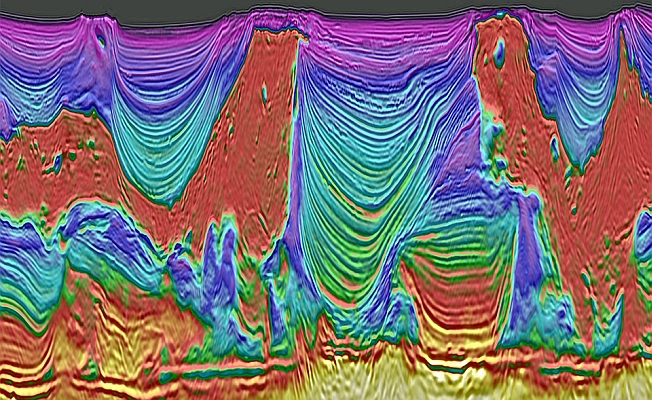The gas emission annual balance performed by scientists associated with Global Carbon Project shows that the atmospheric concentration of carbon dioxide is the biggest one already estimated in two million years. The study released by the outstanding scientific magazine Nature Geoscience, has among its authors Jean P. Ometto, of Earth System Science Center from National Institute for Space Research.
With serious impacts on climate, the CO2 variations on Earth atmosphere are most of them determined by men, due to industrial activities, burn of fossil fuels, deforestation and some other changes in the land use.
According to this study, the rising on atmospheric CO2 concentration was 1.8 ppm in 2008, a little lower than the average for 2000-2008 period that was 1.9 ppm per year (ppm=parts per million). This rise turned the CO2 atmospheric concentration to 385 ppm in 2008, 38% over the one recorded in the Industrial Revolution beginning. This was considered the most elevated concentration that has ever been registered in the last two million years.
Fossil Fuel
In order to accomplish this research, the scientists applied world emission data caused by industrial activities and fossil fuel use, and changes in the land use, as major drivers of CO2 rising in 2008.
The total of 8.7 PgC means rising of 29% with regard to fossil fuel emissions registered in 2000, and 41% more than in 1990. The biggest source in the field is the coal, whose burning raised 90% in China and India. Yet, developed countries still are on the top of the list with fossil fuels emission that hit 1.3 tons of carbon.
Another interesting part of this study is the statement that about ¼ of a sudden rise in the emission of developing countries is a result of the international commerce and consume production expansion in developed countries.
The data show that India surpassed Russia as the third biggest CO2 emitter regarding fuel burning, while China along with the United States remain in the first and second place respectively.
Developing countries, that have 80% of the world-wide population, still represent about 20% of the emission accumulated since 1751. So that, poorer countries, with 800 million people, caused less than 1% of this cumulative emission.
Despite the reduction fostered by the world wide economical crises, the emission by fuel fossil still get the worse scenarios proposed by Inter Governnamental Panel on Climate Change.
Land use
Now the changes in the land use were responsible for the annual emission around 1.5 PgC in the last 15 years. One can say that this emission is almost totally associated with the tropics deforestation, however, the recent reduction in the deforestation rates in Brazil and Indonesia contributed to decrease in 12%, in 2008, the total related to human activities emission. In terms of carbon quantity, this total is about 1.2 PgC.
For more information please visit www.globalcarbonproject.org
Source: INPE






